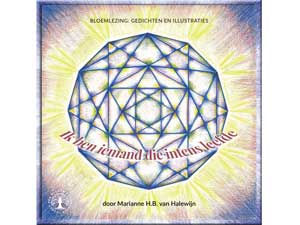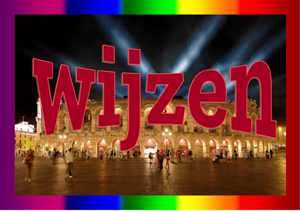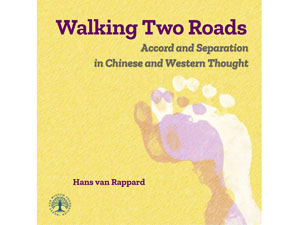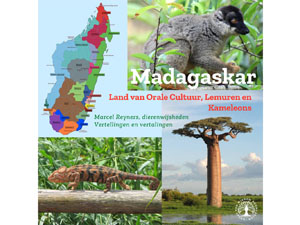Hoofdredactie
De Quest for wisdom foundation deelt graag berichten uit de internationale social media teneinde aandacht te vragen voor prangende situaties en, of inspirerende voorbeelden te tonen van interculturele levenskunst.
De namen van de steden en staten reflecteren de geschiedenis van de VS: van de overheersing en terugdringing van de ‘indiginous people’.
Zo is de naam Oklahoma afgeleid van de Choctaw term voor “red people”.
Ook juridisch geweld door bijvoorbeeld de ‘Indian Removal Act’ verraadt die geschiedenis van uitsluiting en gebroken beloften. De strijd gaat tot op de dag van vandaag door en de inheemse volken behouden hoop dat zij een deel van het land eens weer zullen beheren.
It was planned as a Native American-governed state, until politicians folded Indigenous lands into Oklahoma — a decision that still impacts life there today
National Geographic History Magazine, Erin Blakemore, August 25, 2020
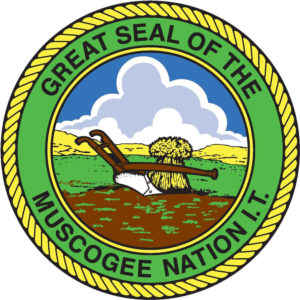
Its name is derived from a Choctaw term for “red people,” yet Oklahoma’s nickname — the Sooner State — comes from the white settlers who descended on it to claim Native lands. That tension is nothing new: Once divided into one territory for whites and another for Native Americans, Oklahoma has not buried the legacy of its frontier past.
In July 2020, the Supreme Court ruled that, despite its location inside a U.S. state, much of eastern Oklahoma is an Indian reservation. The landmark decision is the latest foray in a long battle over who should own and inhabit Oklahoma’s prairies and mesas—a battle that almost led to Oklahoma becoming two different states.
The conflict was born in the southeastern United States, the ancestral lands of the Cherokee, Chickasaw, Choctaw, Muscogee (Creek), and Seminole people that spanned from modern-day North Carolina to Mississippi. In the late 18th and 19th centuries, the white settlers who flooded the area dubbed these nations the Five Civilized Tribes due to their willingness to develop economic and social ties. Nonetheless, these white newcomers pressured the U.S. government to push Native Americans out of their lands.
Read more: Sequoyah, the U.S. state that almost existed
[1] Bron in het Publieke Domein: Muscogee Nation Seal – The official seal of the Muscogee (Creek) Nation
uit 1857 – Source Digitization by Muscogee Red in 2015-09-19.









